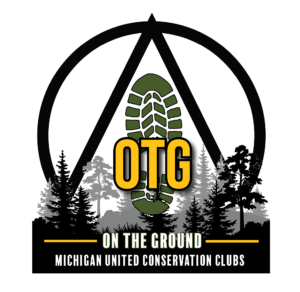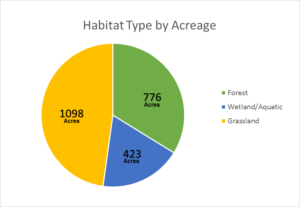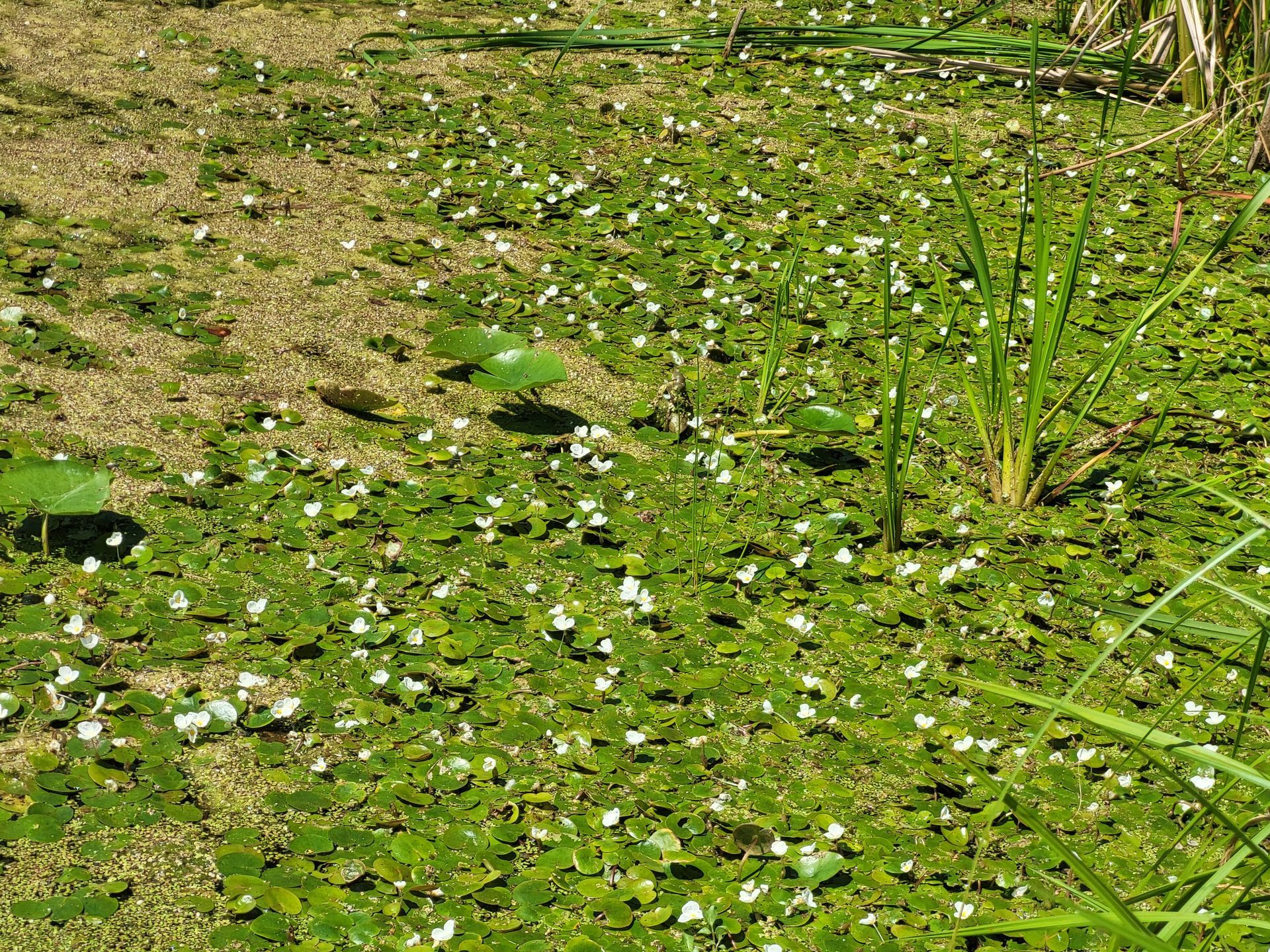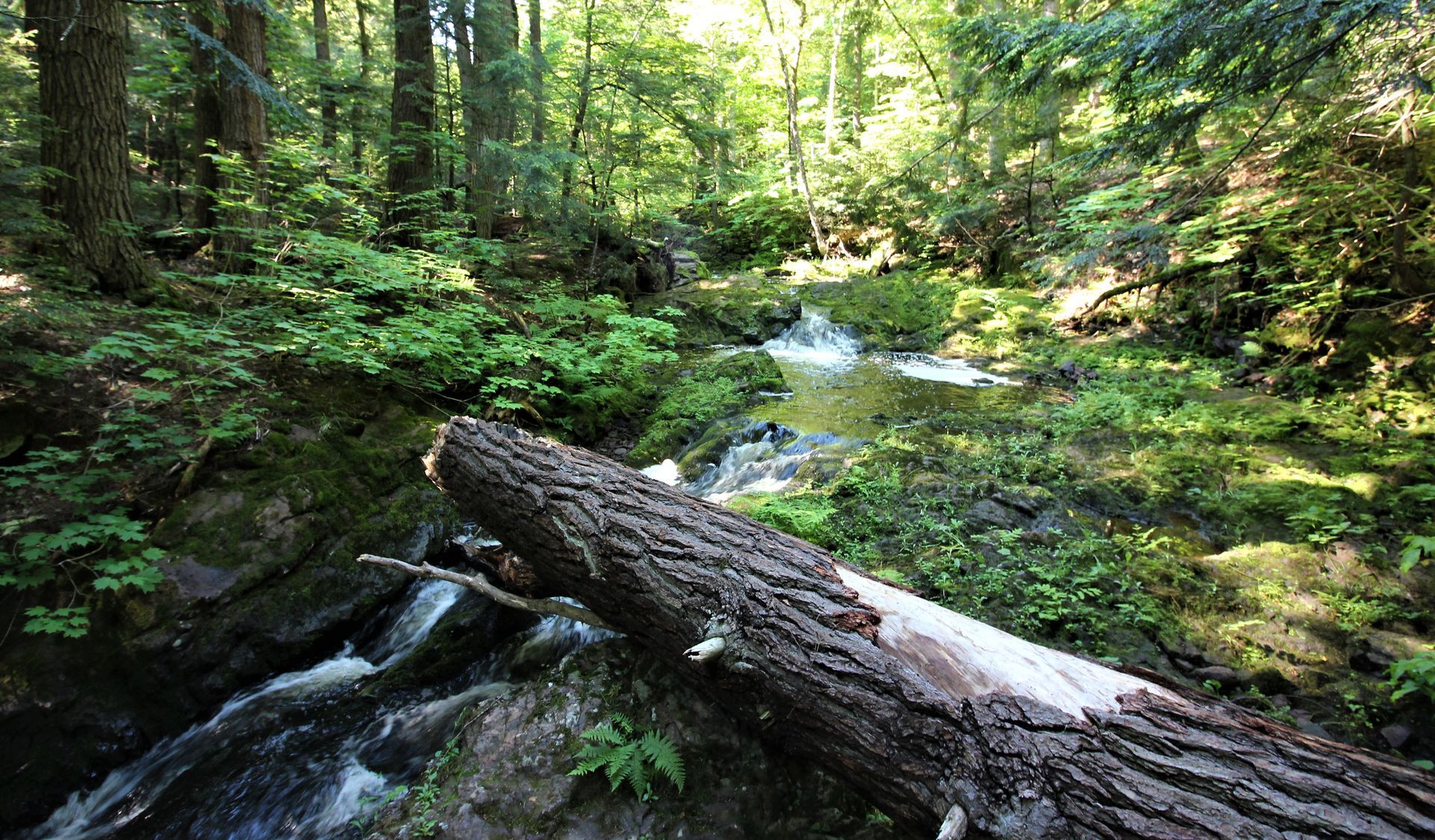On the Ground: Impact by Habitat Type
 Although the 2020 field season has been severely limited by the COVID-19 pandemic, it has provided a valuable opportunity to analyze program data that has been collected since the On the Ground (OTG) program’s inception in 2013. We regularly monitor volunteer numbers and volunteer hours dedicated to wildlife habitat improvement, as well as overall acreage impacts and the number of projects completed. However, further data analysis has provided additional insight into the role the OTG program has had in wildlife conservation in Michigan over the past eight years.
Although the 2020 field season has been severely limited by the COVID-19 pandemic, it has provided a valuable opportunity to analyze program data that has been collected since the On the Ground (OTG) program’s inception in 2013. We regularly monitor volunteer numbers and volunteer hours dedicated to wildlife habitat improvement, as well as overall acreage impacts and the number of projects completed. However, further data analysis has provided additional insight into the role the OTG program has had in wildlife conservation in Michigan over the past eight years.
With approximately 2,300 acres of Michigan public land impacted by more than 3,000 volunteers, the OTG program is known for the impressive scope of its work. The OTG program has hosted more than 150 wildlife habitat improvement projects across Michigan that span from the remote forests of the Upper Peninsula to the suburbs of the Southeast. Each habitat improvement event is designed and hosted in partnership with the local Michigan Department of Natural Resources (DNR) wildlife professionals, local conservation clubs and local residents.
Keeping the unique ecosystem and management goals of the land and resources in mind, each project is designed to have a lasting positive impact beyond the one-day event. The OTG program has improved or helped to restore habitat in a variety of habitat types that include diverse forests, grasslands and wetlands that are home to an abundance of Michigan wildlife.
One way to illustrate the impact of the OTG program is by analyzing the type of habitat we have hosted projects within and the total acreage associated with each habitat type. Out of the nearly 2,300 acres the OTG program wildlife habitat improvement projects have covered, 1,098 acres have been grassland or savanna habitat, 776 acres have been forest habitat and 423 acres have been wetland habitat.

Graph illustrating the number of acres of each habitat type impacted by the OTG program to date. Yellow indicates grassland habitat, green indicates forest habitat and blue indicates wetland/aquatic habitat.
The habitat improvement projects associated with grasslands and savannas include invasive flora removal and the planting of native grasses and wildflowers. Invasive flora like autumn olive is particularly aggressive in grassland habitat, and the OTG program has worked to remove an abundance of the species to open up the landscape for the re-establishment of native grass and flower species. Such habitat improvement efforts benefit species like wild turkey, ring-necked pheasants, songbirds and pollinators like bees and butterflies.
Michigan forests also benefit from habitat improvement events hosted by the OTG program. Common projects that we complete in forested habitat include native mast-producing tree and shrub plantings for wildlife food and cover, invasive plant removal (i.e. invasive honeysuckle removal) to allow for native plant regeneration, hinge-cutting trees to provide cover for deer and snowshoe hare and aspen stand regeneration for small game like ruffed grouse and woodcock. As one can imagine, far more wildlife than just the species mentioned above benefit from the work completed.
Finally, Michigan wetlands and rivers have greatly benefited from the work completed by OTG volunteers. Although the primary events associated with this habitat type involve litter removal, the OTG program has also impacted wetlands and rivers by removing invasive flora, installing fish spawning structures, creating additional nest habitat for wood ducks by placing nest boxes and removing encroaching vegetation from dike structures to improve accessibility and stability.
OTG hosts projects which improve habitat for wildlife on public land. Through this program, hunters, anglers, trappers and outdoor enthusiasts of all kinds have the opportunity to donate their time for the benefit of the species they enjoy. The work completed by volunteers and wildlife professionals shows the general public that Michiganders are true conservationists and demonstrates how hunting license dollars are put to use. OTG is funded by a Memorandum of Agreement with the Michigan Department of Natural Resources Wildlife Division. To learn more about the OTG program and how to get involved, visit mucc.org/on-the-ground or facebook.com/muccotg .
The post On the Ground: Impact by Habitat Type appeared first on Michigan United Conservation Clubs.
Recent Posts



